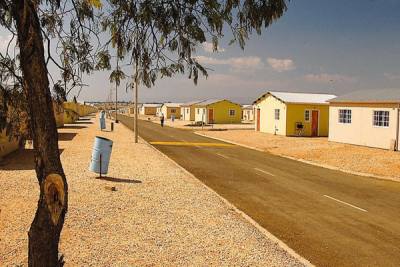- African proptech funding surges 3,650% to $75M in H1 2025
- Growth driven mainly by $75M round for Egypt’s Nawy
- Sector promising but fragile, reliant on few large startups
The African proptech sector experienced a massive investment surge in the first half of 2025, with funding jumping 3,650% to $75 million from just $2 million in the same period last year. The growth was highlighted in the "State of Tech in Africa H1 2025" report published by TechCabal Insights in July 2025.
The spectacular growth was driven by only two startups, indicating that investors are becoming more selective. They are now favoring larger funding rounds for companies they deem mature, rather than spreading smaller amounts across numerous players. The most significant deal was a $75 million investment in Nawy, an Egyptian proptech startup, which will use the funds to expand its operations in the Middle East and North Africa. The deal showcases the increasing ability of some African companies to raise substantial capital and pursue a regional strategy.
A Promising but Fragile Market
Proptech is attracting investors amid rapid urbanization and a growing deficit of affordable housing on the continent. Digital solutions offer new approaches to improve access to housing and optimize property management. The rise of fintech, which is closely linked to proptech, also supports the development of new financing, payment, and risk management tools. These innovations are making real estate investment more accessible and transparent. The African real estate sector, still largely undigitized, provides a favorable environment for companies that can offer tailored solutions.
The concentration of funding on a limited number of players raises questions about the diversity and resilience of the African proptech ecosystem. This dependence on a few major companies exposes the sector to increased risks in the event of an economic downturn or regulatory changes. Additionally, rural areas and some emerging markets remain largely untapped despite their potential. The evolution of legal frameworks related to financing and urban planning will play a key role in sustaining this momentum.
A key challenge for African proptech will be to turn this influx of capital into sustainable growth. Partnerships with fintech players, banks, governments, and real estate operators will be essential to strengthen the sector’s social and economic impact. A more balanced distribution of funding between established technology hubs and developing markets could help build a more equitable and competitive industry. The current trend is more than a passing fad; it represents a strategic opportunity to use technology to address the continent’s housing crisis.
Melchior Koba



















